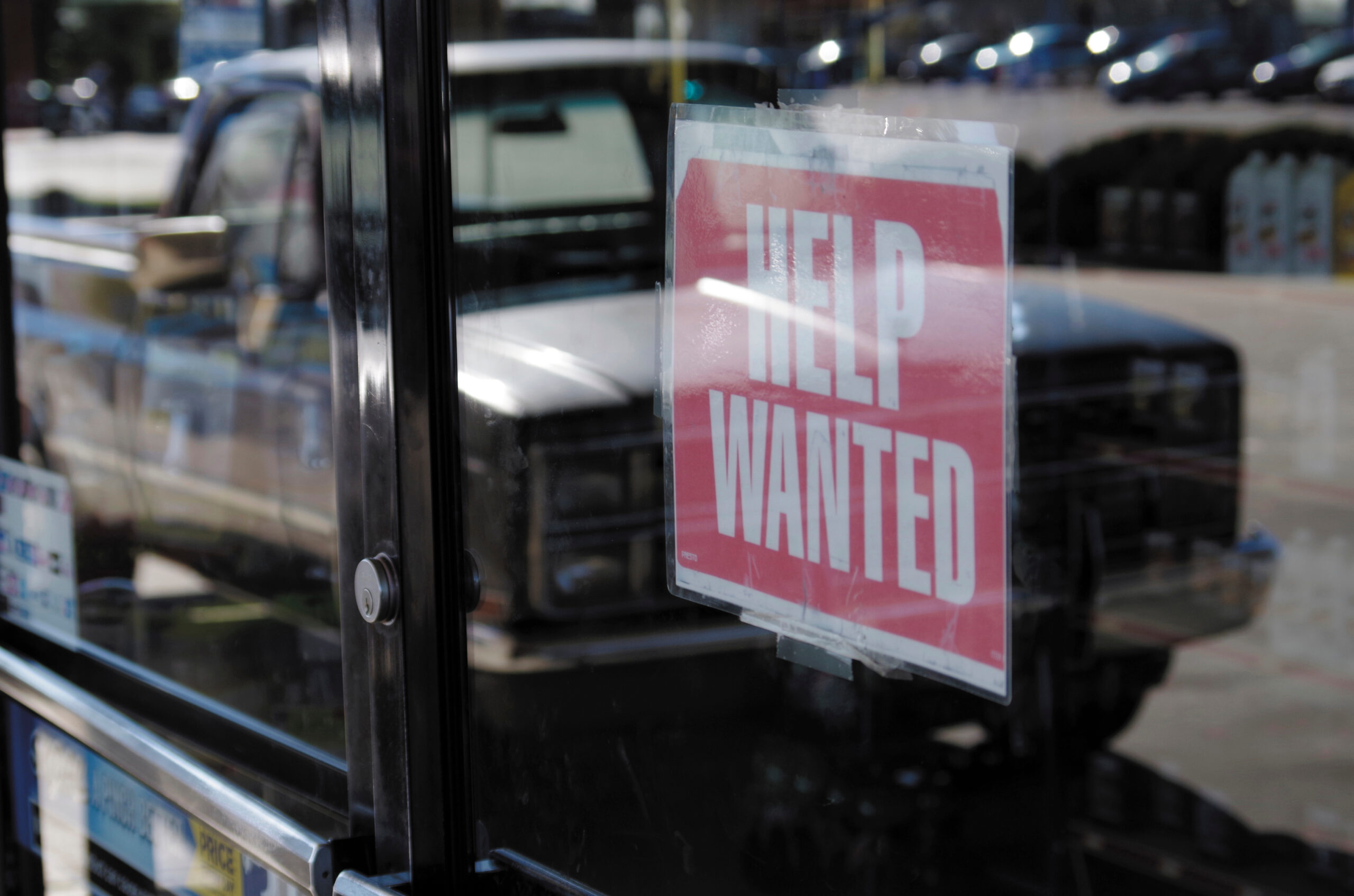Posts tagged Florida
Journalists turn to picket lines as the news business ails
February 16, 2024 // At the L.A. Times, where Schleuss got his start as a labor activist, owner Soon-Shiong made deep cuts last June and again last month, saying he is losing tens of millions of dollars a year on the paper. He says the union's refusal to give him greater leeway in making job cuts in January forced him to lay off more journalists. He had offered buyouts in exchange for relaxing protections by seniority. The union instead went out on strike.

Michigan’s Economic Outlook Hit by Right-to-Work Repeal
February 13, 2024 // This repeal makes Michigan the first state in 58 years to legislatively rescind these worker protections. Michigan Senate Minority Leader Aric Nesbitt summarized today’s change: Over 150,000 individuals in Michigan made the free choice to leave their union since 2013. Having the government force those same workers back into the unions they freely decided to leave is the antithesis of freedom. It’s un-American. It should be noted that 71% of Michigan voters from union households oppose the repeal. Michigan House Minority Leader Matt Hall spoke with ALEC about the expansion of economic opportunity in Michigan after passage of Right-to-Work:
THOUSANDS OF FLORIDIANS DECERTIFY THEIR GOVERNMENT UNIONS
February 11, 2024 // “This is a major victory for workers across Florida, who now have more dollars in their pockets and have the option of better representation.” “As the Orlando Weekly put it,” concluded Withe, “this is just the first purge of government employee unions – and the Freedom Foundation is going to do everything in our power to make this a reality, helping tens of thousands of public employees exercise their right to freedom from union bosses who don’t even know their names.”
Commentary: Florida Teachers’ Union Fights Re-Certification Vote
February 6, 2024 // With an annual budget of $11.5 million, that means UTD sends nearly half of the dues it collects from its members out of the district. Of the $6.2 million it keeps in Dade County, UTD spends more than $5 million on salaries for officers and staff (Hernandez-Mats alone pulls down $223,000). Once its other overhead costs are factored in, the union has only a tiny fraction left to spend advocating for its dues-payers.
Commentary: With Unions, the Numbers Tell the Story
February 5, 2024 // Public sector unions’ hold on government employees isn’t a lock. State legislatures can pass laws that rein in unionization and membership recruitment and protect employees. States can choose a different path by, for example, ending artificial union subsidies and requiring union executives to prove their value to employees. States can follow Florida’s lead: Last year, the Sunshine State ended union payroll deductions and doubled down on recertification, forcing unions to demonstrate actual support from membership to remain in power.

Florida Teachers’ Union Fights Re-certification Vote
January 29, 2024 // The Florida State Legislature last summer addressed this upside-down arrangement by passing a law requiring government employee unions whose paid membership drops below 60 percent to ask the workers for a vote of confidence. When UTD’s membership rate - even after a furious last-minute recruiting drive – was found during a December audit to hover at around 56 percent, the recertification apparatus kicked in automatically.
22 States Raised the Minimum Wage: What Does This Mean for Low-Skilled Workers?
January 12, 2024 // If an employer must pay someone $16 hourly, the new minimum wage in New York and California, whom will they pay? Would it be a higher-skilled college graduate or a less-skilled worker with only a high school diploma? You can deduce which hire is the safer option. When the cost of obtaining more education or skills is higher than the cost of relying on government unemployment benefits, dependence becomes the more appealing choice over labor-force participation.
Commentary: America’s Third Largest Teachers’ Union Heads for the Largest Decertification Vote in History
January 2, 2024 // On Dec. 19, UTD President Karla Hernandez-Mats confirmed the union hadn’t been able to persuade 60 percent of the 30,000 teachers it officially represents to become dues-paying members. A few days earlier, she claimed the union had increased its numbers to just more than 58 percent, including 800 new members. What she didn’t explain was that the union had to kick out all the substitute teachers from the bargaining district in order to increase their membership percentage, and still fell short. Hernandez-Mats declined to disclose the final tally. The 60 percent requirement was imposed under Senate Bill 256, the most aggressive state labor reform bill since Wisconsin’s Act 10 under then-Gov. Scott Walker. SB 256 also prohibits public agencies like school districts from deducting dues directly from employees’ paychecks on behalf of the union representing their bargaining unit.
Some Wells Fargo employees vote in favor of unionization; others reject
December 22, 2023 // In the lead-up to the vote, the bank had highlighted several measures it had taken to address some of the concerns raised by its employees, such as improving compensation and benefits for lower-paid workers and bumping up median base salaries. But at a hearing before the Senate Banking Committee earlier this month, CEO Charlie Scharf, when asked if the bank would remain neutral during the unionization effort, said Wells Fargo would exercise its right "to speak with (the employees) to make sure they make an informed decision". Employees at the Daytona Beach, Florida branch and Atwater, California have also filed for union elections which are expected to be held in January, two sources said.

25 states will hike minimum wage in 2024
December 22, 2023 // Sean Higgins, an analyst at the libertarian Competitive Enterprise Institute, said many food and hospitality workers already earn more than their state minimum. He noted that employers have raised salaries to compete for a shrinking pool of applicants. “Raising state and local rates does hurt the smaller businesses, the classic mom and pop enterprises, who will employ local high school or college-age kids if they can but may not be able to justify that if the minimum rate increases,” Mr. Higgins said.
